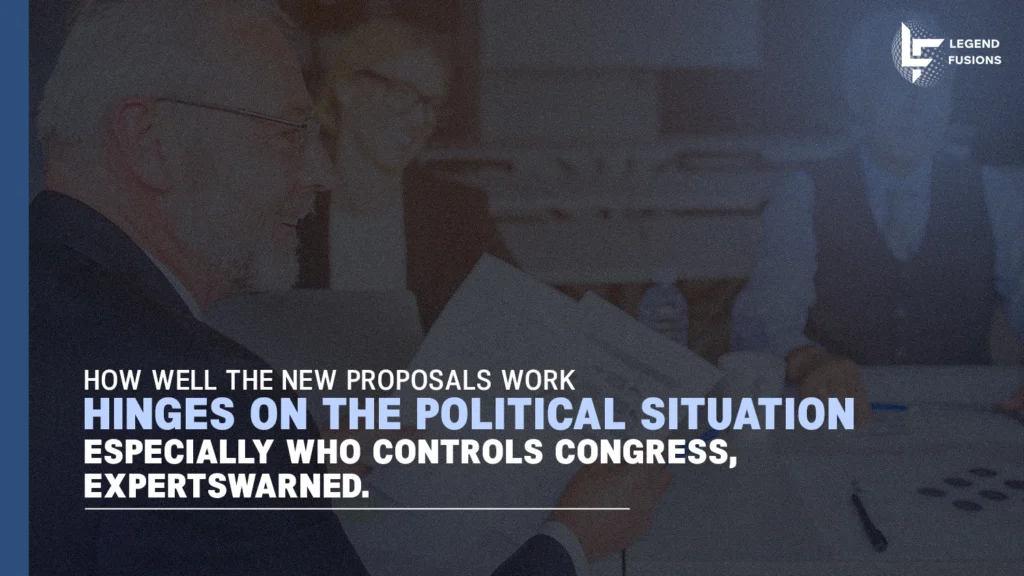Following a recent election win, the new administration plans to make important changes to the tax system that could impact millions of Americans. Key proposals aim to extend tax breaks established in the Tax Cuts and Jobs Act (TCJA) of 2017 and introduce new measures, but most of these changes will need approval from Congress before they can happen.
Extension of TCJA Provisions
The TCJA provisions, including lower tax brackets and a higher standard deduction, are set to expire after 2025. Trump’s administration advocates for their extension, which would help prevent tax increases for over 60% of taxpayers.
Other Key Tax Initiatives
- No Tax on Tips and Social Security Benefits. Proposals to eliminate taxes on tips and Social Security benefits for older adults aim to provide relief to specific income groups.
- Overtime Pay Tax Elimination. The administration suggests a plan to scrap taxes on overtime pay, benefiting hourly workers.
- Elimination of Personal Income Taxes. There are discussions about abolishing income taxes on various earnings, including tips and Social Security benefits.
- Corporate Tax Decrease. Plans to reduce the corporate tax rate from 21% to 15% could attract business investments and increase economic growth.
- Universal Tariffs. Implementing tariffs on imported goods is proposed as a means to finance other tax cuts but could also impose higher costs on consumers.

Budget Challenges
The new administration is facing significant budget issues, with the national deficit over $1.8 trillion for fiscal 2024. If they extend certain tax cuts, it could cost the federal government as much as $4 trillion in the next ten years. Experts say these tax changes will be closely examined due to rising interest rates and financial concerns.
Economic Impacts
Tax cuts might help the economy grow, but higher tariffs and possible mass deportations could hurt by raising costs and reducing the labor supply. Predictions indicate a brief boost in GDP growth followed by potential declines as the economic effects play out.
Inflation Concerns
Inflation is a major worry for American households. New tariffs and cuts in immigration-related labor could lead to higher prices, possibly overshadowing any tax relief. Some analysts suggest that tariffs could add up to $1,700 a year for middle-class families, tightening their budgets even more.
Consumer Impact
- Housing Affordability. Housing prices may stay high, partly due to potential labor shortages in construction from new immigration rules.
- Retirement Accounts. Tax cuts for corporations could help boost stock prices and support retirement accounts like 401(k)s, as long as the necessary legislative changes are made.
As more information about these tax proposals comes out, the future economic situation will be heavily influenced by political negotiations and how markets react. For now, there’s a lot of uncertainty as taxpayers wait to see how Trump’s administration will affect their finances and any relief efforts.
Stay updated here at Legend Fusions.
Reviewed by:

Hira Asif
Hira Asif, Client Manager (US) at Legend Fusions, brings over 11 years of tax expertise, including 8 years with Ernst & Young. Her work focuses on tax advisory, compliance, and planning for individuals, partnerships, and private equity funds. With a deep knowledge of federal, state, and local tax regulations, Hira is skilled in identifying tax planning opportunities and reviewing corporate and partnership tax returns to optimize compliance and reduce exposures.

